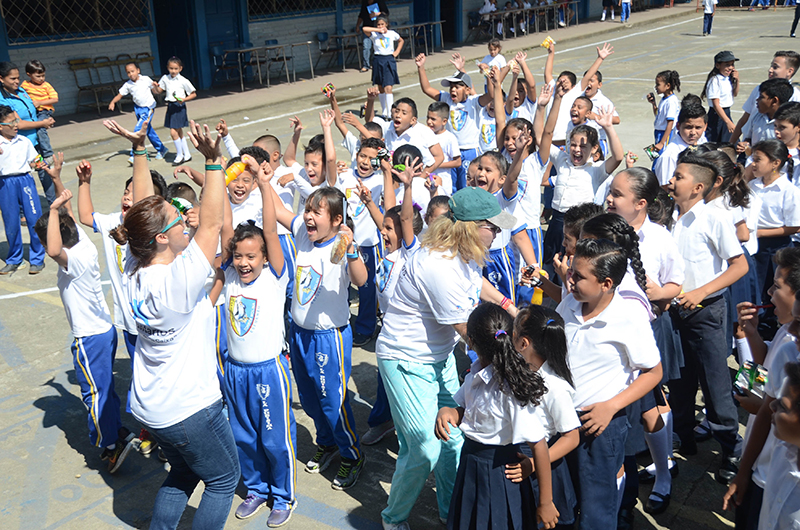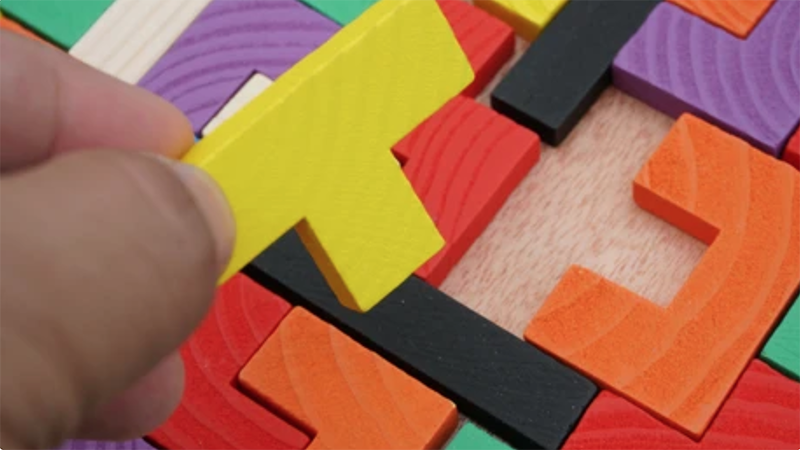Towards a common global framework for the digital transformation of education
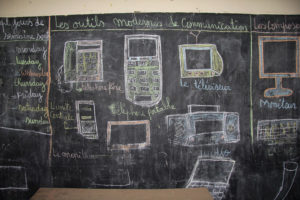
The international community has recognised that digital learning is key to injecting education systems with the transformative spirit they need to achieve a more inclusive, equitable and quality education for all. How do we translate these aspirations for change into concrete results? Do we have a roadmap for countries to move forward and measure their progress? What aspects should a future global framework for the digital transformation of education include? What elements should be on a hypothetical checklist that countries could use as indicators to know that they are on the right track? In this article, ProFuturo shares its more than five years of experience in implementing and deploying a comprehensive digital education programme in vulnerable environments. Here is their vision.
Differentiate yourself from machines: skills that matter
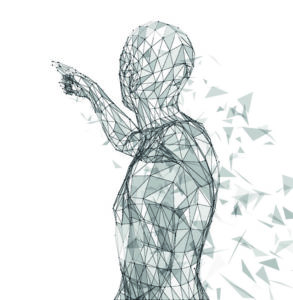
In a world where artificial intelligences are increasingly present in all areas, it will be essential to cultivate the skills and competencies that make us more human. For it is clear that we will not be able to compete with an algorithm capable of processing millions of pieces of data in seconds. However, we can focus on cultivating some of the skills that make the big difference between humans and artificial intelligences. Moreover, these skills will help us navigate an ever-changing world, which presents us with challenges of such magnitude that they will require many more skills than the essentially cognitive ones on which our education systems currently focus. In this article we look at what they are and how to do it.
Critical thinking: a vaccine against infoxication

When was the last time you asked yourself a question? In a world that seems to have all the answers, who is asking the questions? Knowing how to ask the right questions is vital because it allows us to expand our knowledge and understanding of the world around us. It helps us to challenge our assumptions, to consider different perspectives and to develop our ability to think critically and creatively. Are students today prepared to deal with the increasing volume of information that characterises our society? Is school responding to this challenge? What is critical thinking and how can it be taught? In this article, we discuss critical thinking, a skill that has become increasingly important in recent years.
The Beijing consensus: recommendations for capitalizing on AI in education
 How to make the best use of AI in education while minimising its risks? In 2019, the Beijing Consensus became the first document in history to offer recommendations on this. The text offers a series of recommendations to governments, international organisations and Unesco itself, which, among other things, should play a role in supporting education policymakers in implementing the recommended measures. In this article, we summarise these recommendations addressed to governments and international organisations.
How to make the best use of AI in education while minimising its risks? In 2019, the Beijing Consensus became the first document in history to offer recommendations on this. The text offers a series of recommendations to governments, international organisations and Unesco itself, which, among other things, should play a role in supporting education policymakers in implementing the recommended measures. In this article, we summarise these recommendations addressed to governments and international organisations.
Digital personalised learning in vulnerable environments: The big picture
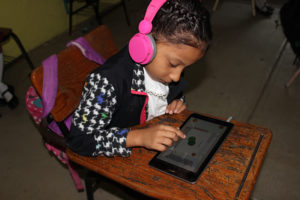
How are digital personalised learning solutions working in vulnerable settings? Where and how are they being deployed? How are they being used? The adaptive nature of personalised digital learning to ‘teach to the right level’ makes it particularly useful for bridging education gaps in the most vulnerable settings. However, evidence on its effectiveness is still lacking and research on key factors such as design, implementation and scalability remains scarce. To alleviate this lack of information, a UNICEF report has produced an analysis on the subject. We report on its key findings.
Learning to teach in refugee settings: challenges and opportunities
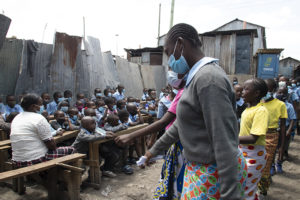
Gaza, Ukraine, Democratic Republic of Congo, Yemen, Syria, Uganda, South Sudan, Afghanistan… Today, according to Save the Children, one in five children worldwide (approximately 420 million) live in war zones. How can we help them? How can we guarantee their access to quality education? How can we respond to their needs for psychological and socio-emotional support? In this article we explore some keys to help them cope with a situation that has left their lives and education up in the air.
Social-emotional learning: how to address it at school
 In the last three decades, the prevalence of emotional problems in children and adolescents (anxiety, depression, behavioural disorders…) has been progressively increasing. Socio-emotional learning has become an essential factor in education. With this worrying increase in emotional problems at an early age and the growing importance of mental health, it is essential to dedicate time and resources to developing socioemotional skills in students. Discover, in this article, with the help of EduCaixa, how social-emotional learning, implemented at school, can make a difference to children’s well-being and academic performance.
In the last three decades, the prevalence of emotional problems in children and adolescents (anxiety, depression, behavioural disorders…) has been progressively increasing. Socio-emotional learning has become an essential factor in education. With this worrying increase in emotional problems at an early age and the growing importance of mental health, it is essential to dedicate time and resources to developing socioemotional skills in students. Discover, in this article, with the help of EduCaixa, how social-emotional learning, implemented at school, can make a difference to children’s well-being and academic performance.
10 keys to succeed with a technology-based literacy programme
 Can you imagine what your life would be like if you didn’t know how to read or write? If this basic skill was already important in the 20th century, in the 21st century it has become essential for the development of everyday life. However, there are still 763 million people in the world who do not know how to read and write. Of these, 250 million are children. The good news is that technology can help. In this article we take a look at 10 key issues to consider in a technology-mediated literacy programme.
Can you imagine what your life would be like if you didn’t know how to read or write? If this basic skill was already important in the 20th century, in the 21st century it has become essential for the development of everyday life. However, there are still 763 million people in the world who do not know how to read and write. Of these, 250 million are children. The good news is that technology can help. In this article we take a look at 10 key issues to consider in a technology-mediated literacy programme.
Profile of the 21st century teacher
 Good teachers have a substantial impact on children’s learning, as well as on their well-being and long-term social and employment futures. This is truer today than in the past because, despite the doomsayers’ predictions of the end of the teaching profession with the advent of the technological revolution, teachers remain the cornerstone of the education system. In this context of change, we at the Observatory have asked ourselves a crucial question: what should the teacher of the 21st century be like?
Good teachers have a substantial impact on children’s learning, as well as on their well-being and long-term social and employment futures. This is truer today than in the past because, despite the doomsayers’ predictions of the end of the teaching profession with the advent of the technological revolution, teachers remain the cornerstone of the education system. In this context of change, we at the Observatory have asked ourselves a crucial question: what should the teacher of the 21st century be like?
Surviving artificial intelligence: the added value of schools
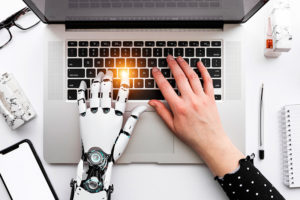
The emergence of artificial intelligence in the field of education has sparked an intense and passionate debate. At this point, what can state and schools do? What training should teachers and students receive? What new challenges does artificial intelligence pose for education? These are some of the questions asked by expert Roxana Morduchowicz in the book Artificial Intelligence: Do we need a new education? published by Unesco, whose main arguments we assume and summarise in this post.





